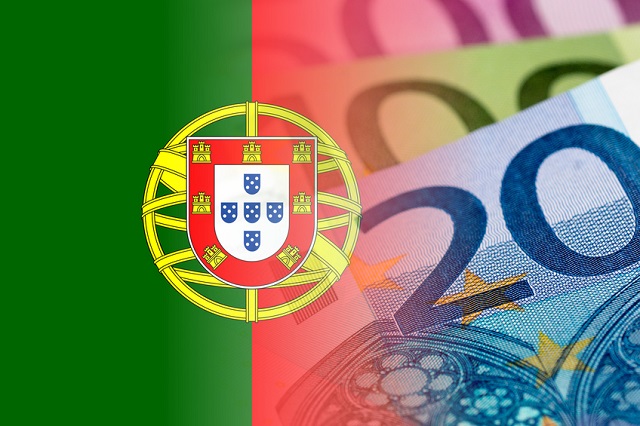In September, the Portuguese Government confirmed it was looking at making changes to its highly generous non-habitual residency (NHR) tax regime, which has been in operation since 2009.
Despite the confirmation that a review is underway, no changes to the NHR were included in the recent budget proposal. While the proposed budget is yet to be approved by the rest of parliament on 28 November, it seems likely that the NHR regime will be unchanged.
A key change to water down the NHR was the introduction of a flat rate of tax of either 5% or 10% on pension income for new NHRs. It is understood that previously registered NHRs would not be affected by the tax.
Why the change?
In September, Geoffrey Graham, senior partner as law firm Edge International Lawyers, said the reason for the proposed change is to avoid the renegotiation of double taxation agreements (DTAs) regarding pension income.
He told International Adviser that the draft budget not making any reference to the NHR “was certainly positive”.
European IFA firm Blevins Franks says the Portuguese Government is currently under immense pressure from other European countries to impose taxation on expat retirees.
Last November, the it bowed to pressure from Finland to allow the taxation of Finnish pensioners with NHR status from 2019.
Blevins Franks say pressure is now coming from Sweden and elsewhere to implement similar changes.
As a result, Portugal’s finance minister, Mario Centeno, pledged to introduce a standardised taxation of foreign pensions to maintain “a good fiscal relationship” with other European countries.
How NHR works now
The NHR programme enables new Portuguese residents to receive qualifying income tax-free.
This includes not only non-resident pension income but non-resident dividends, interest and royalties.
The key components to the current NHR programme include:
- No minimum investment required;
- Pension income, drawn down as a lump sum or as a periodic payment, tax free in Portugal irrespective of source;
- Dividends, interest and royalties tax free in Portugal, subject to withholding tax, if applicable, provided that source is white list;
- Salary from a high value activity subject to a flat rate of tax of 20%;
- Approval received within five to seven days; and,
- Status available for a period of 10 years.








